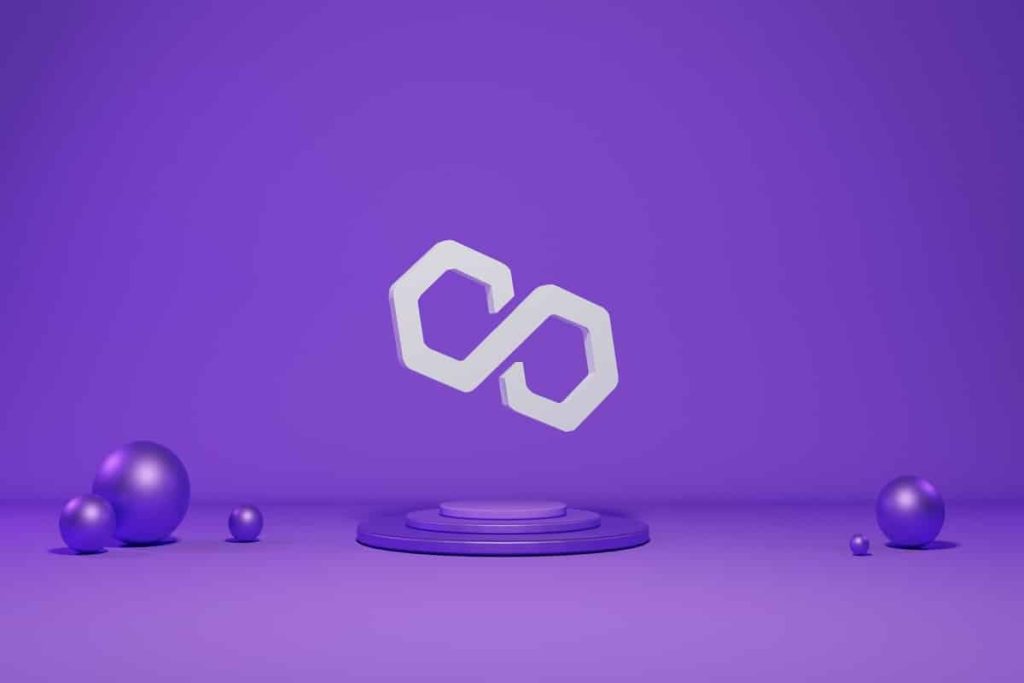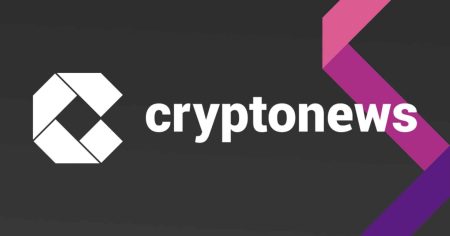In a recent report by the blockchain data analytics platform Nansen, the Polygon network showcased remarkable resilience and robust user activity during the third quarter of 2023, defying the broader weakness observed in the crypto markets. The report emphasizes Polygon’s sustained growth trajectory, characterized by diverse collaborations, and anticipates further positive impact with the introduction of Polygon 2.0.
Our @0xPolygonLabs Quarterly Report is now out!
Polygon has shown consistent growth last quarter with diverse collaborations and is set to amplify its impact with future developments like Polygon 2.0
Here’s the summary which includes onchain insights and a link to the report… pic.twitter.com/nUyTz1La1t
— Nansen 🧭 (@nansen_ai) November 13, 2023
During Q3 2023, Polygon Network experienced a dynamic transactional landscape, with daily transactions peaking at 2.8 million and reaching a low of 1.9 million. This fluctuation suggests a resilient network. Also, the user base demonstrated remarkable stability, with daily active addresses consistently ranging between 275,000 and 466,000, indicating Polygon’s success in retaining a robust and engaged user community.
In terms of Polygon’s competitive edge in providing cost-effective transactions, the peak average daily gas fee for Polygon transactions was $0.05, maintaining a range of $0.01 to $0.05 throughout the quarter. In contrast, Ethereum’s fees displayed higher fluctuations, ranging between $1.95 and $15.
With Polygon known to be a diverse and active ecosystem, Chainlink led with 47.08 million transactions, followed by Galxe with 8.29 million and Planet IX with 7.52 million transactions. Contributions from notable participants such as Stargate, LayerZero, Tether, and USDC further enriched the network’s vibrancy.
Polygon Labs Thrives in Bear Market and Advances Ambitious Vision with Polygon 2.0
In a notable display of resilience amidst a bear market, Polygon Labs has further solidified its position as a leading force in zero-knowledge (ZK) research and development. The ambitious roadmap outlined in Polygon 2.0, emphasizing a multichain, unified future for scaling Ethereum through ZK technology, reflects the team’s forward-thinking approach. This can be further solidified by the consistent number of daily active addresses and the cost-effectiveness of Polygon’s Proof of Stake (PoS) compared to Ethereum, which highlight its compelling value proposition for users.
Beyond on-chain data, Q3 2023 witnessed significant developments within the Polygon ecosystem. The collaboration between Milano Hub and Polygon Labs led to the initiation of the “Institutional DeFi for Security Token Ecosystem Project,” showcasing Polygon’s active engagement with institutional DeFi initiatives.
Lufthansa’s Uptrip, introduced as a loyalty program on the Polygon PoS network, emerged as a noteworthy development, rewarding travelers with NFT trading cards. The soft launch of the program garnered over 20,000 users, indicating a positive response within the community.
During the same quarter, Immutable zkEVM launched a testnet, focusing on the gaming industry for their appchain. This innovative technology, combining ZK-rollup and Ethereum’s liquidity, aims to elevate the gaming experience.
These developments collectively highlight Polygon Labs’ commitment to innovation, collaboration, and the continued evolution of the Polygon ecosystem, positioning it as a key player in the ever-expanding blockchain landscape.
Polygon 2.0 Drives Multichain Adoption as Diverse Collaborations Flourish
Polygon Labs, steering confidently into a multichain future with Polygon 2.0, is witnessing widespread adoption through dynamic collaborations across diverse industries. The platform’s commitment to cost-effectiveness cements its reputation as a versatile and accessible blockchain, attracting interest and partnerships from various sectors.
In Q3 2023, Polygon PoS achieved a significant milestone with the Inborg Upgrade, addressing the BADBLOCK error and introducing milestones for a transition to a time-based State Sync.
Also, the recently launched Polygon ID Release 4, featuring tools like Explore Schema Builder, focuses on on-chain verification, with an upcoming Developers Portal for a decentralized identity framework.
Furthermore, Grab’s adoption of a Web3 wallet on Polygon PoS highlights the platform’s versatility beyond traditional financial transactions. As Polygon continues to advance in technology, collaborations, and ecosystem growth, it solidifies its standing as a dynamic force in the evolving blockchain landscape.
Read the full article here















